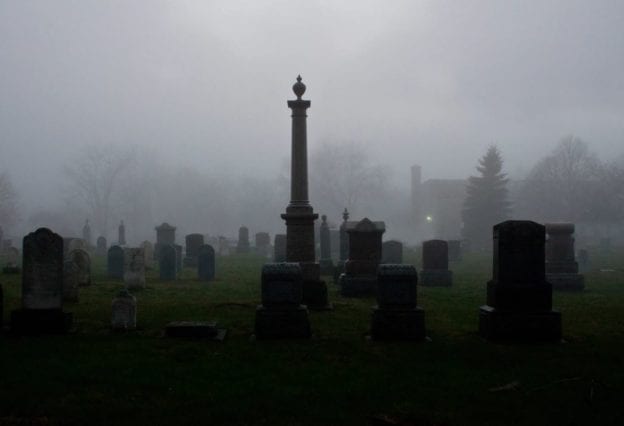After attending funerals at funeral homes in Chesterfield Township, MI, you may find yourself suddenly thinking about death. Death is not something we think about unless we have to, and it’s certainly not something we want to talk about in relationship to ourselves or to our loved ones.
Talking about death, for Americans, is something that’s considered to be morbid. It is not considered to be good dinner conversation or something we talk about in our casual conversations with friends and family members. Because of this, most of us are unprepared or not as prepared as we should be when death comes.
For the few people in the United States who want to prepare for their deaths, they are often met with resistance by other family members. For example, you may want to come to the funeral home to get information about funeral options, general costs, and other funeral related matters. However, your family members may not want to discuss it or even know anything about it.
Many Americans are simply in denial about the fact that they will die. The irony is that we go to great lengths to plan for every other major event in our lives – births, graduations, weddings, home purchases, car purchases, and career decisions – except for death.
It is usually only when someone close to us dies that we actually start thinking about death, even though we may not want to. We become aware of our mortality in the mortality of those we love. It is at that point that there are questions that we must ask and answer for ourselves and for our loved ones.
One of the questions that we should ask is what our end-of-life care should look like. While some people die suddenly due to tragic accidents or catastrophic medical event, the majority of people either grow old and die due to age or they develop an illness that leads to death.
Defining the kind of care we want at the end of our lives will be of benefit and a blessing to our families. Involved in this decision-making are certain legal documents.
At the very minimum, we should have a medical power of attorney, a living will, and a will or trust. A medical power of attorney which you appoint someone to make medical decisions for you and to be your medical advocate if you are unable to do so yourself.
A living will specifies what you want done medically if you are dying. A will or trust that you appoint someone to take care of your affairs after you die, including paying off your debts and distributing your assets and personal property.
Another aspect of end-of-life care that we need to consider is where and how we want to die. With options for assisted living or living with family members, we need to determine the best course for everyone (along with the costs). We also need to specify whether we want to die at home under hospice care or would want to die in a hospital.
A second question we need to ask is what kind of funeral we want. Do we want to be cremated or buried? If we want to be cremated, do we want a service? If we want to service, what should be included?
If we want to be buried, where do we want to be buried? Do we want to service, and if so, what should be included in that service?

Once we’ve answered these questions about death, then we need to document our answers and discuss them with their family members so that everyone is informed and on the same page with our wishes, even if they might not do things exactly the same way.
For more guidance on discussing death from funeral homes in Chesterfield Township, MI, our compassionate and experienced staff at Lee-Ellena Funeral Home can help.


